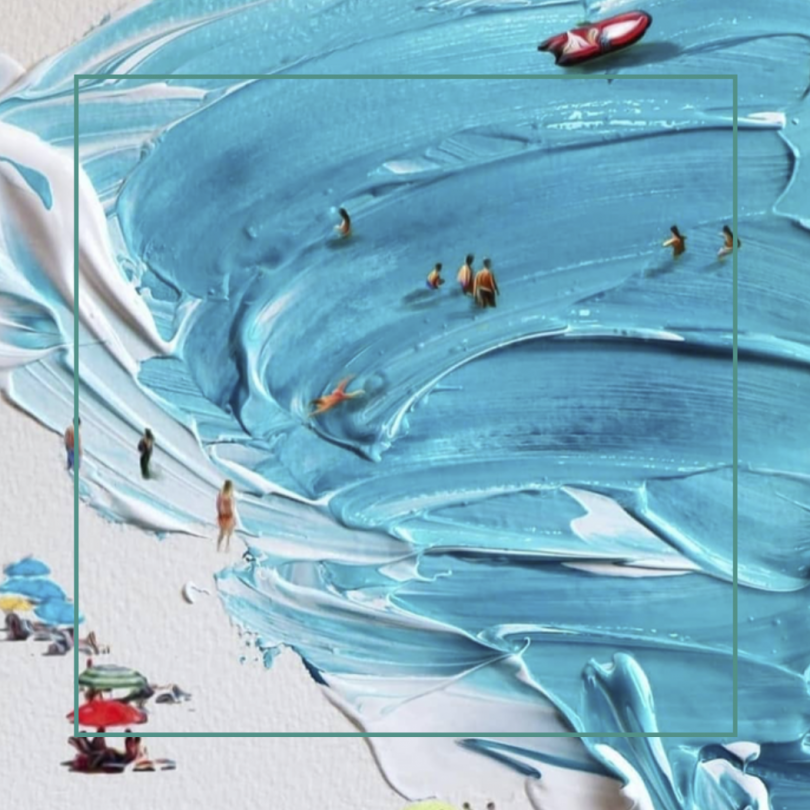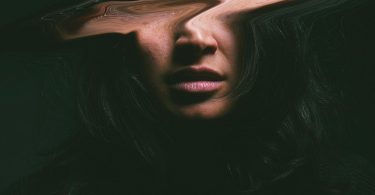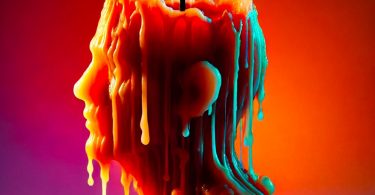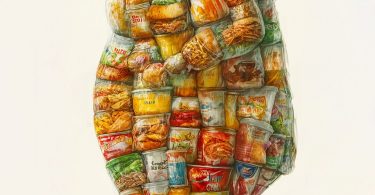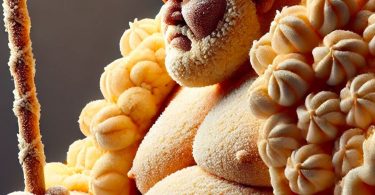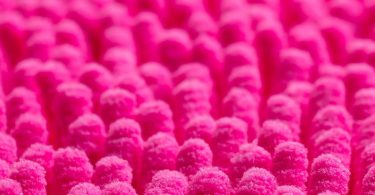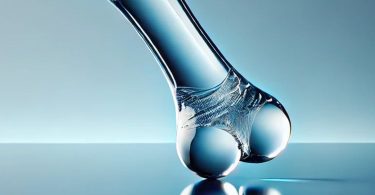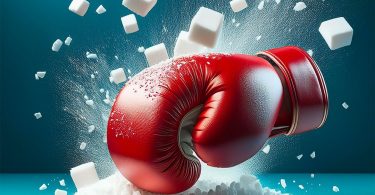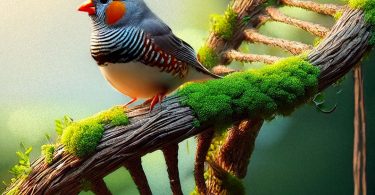UV exposure is one of the main causes of skin aging: wrinkles, pigment spots, etc. UV radiation also causes DNA damage and the mutation of the p53 gene, which is the cause of many cancers. Finally, UV exposure accelerates protein glycation, a major cause of cellular aging (1).
In vitro studies show that rosmarinic acid can act as a photoprotector (2). Rosemary extract exhibits the ability to increase cell survival of UVB-exposed keratinocytes. Particularly interesting, a reduction in DNA damage is noted, thus demonstrating the genoprotective potential of a rosemary extract (3).
It remains to find the right dosage of the different active ingredients, the role of cofactors, and validate the results by in vivo tests.
Rosmarinic acid promises to be an interesting oral photoprotector
© Age Breaker 06 2021
[Glycation is one of the major causes of aging. Resulting from the fixation of sugars on the proteins constituting the organism, glycation generates toxic compounds that cause cellular aging. Glycation is particularly involved in metabolic disorders, skin aging and cognitive decline.] [AGE BREAKER, patented nutritional supplements, based on rosmarinic acid, recognized by aging specialists around the world for their properties to reverse the effects of glycation.]More on www.agebreaker.com
#agebreaker #glycation
(1): W. Liu et AL. Ultraviolet B radiation enhances glycation of human serum albumin and the formation of CML in vitro. The Faseb journal. April 2013. doi.org/10.1096/fasebj.27.1_supplement.1010.4
(2): M.Sánchez-Campillo et Al. Rosmarinic acid, a photo-protective agent against UV and other ionizing radiations. Food and Chemical Toxicology, vol 47, Feb 2009, p 386-392. doi.org/10.1016/j.fct.2008.11.026
(3): N. Sanchez-Marzo et Al. Rosemary Diterpenes and Flavanone Aglycones Provide Improved Genoprotection against UV-Induced DNA Damage in a Human Skin Cell Model. Antioxidants 2020, 9(3), 255. Doi.org/10.3390/antiox9030255.

